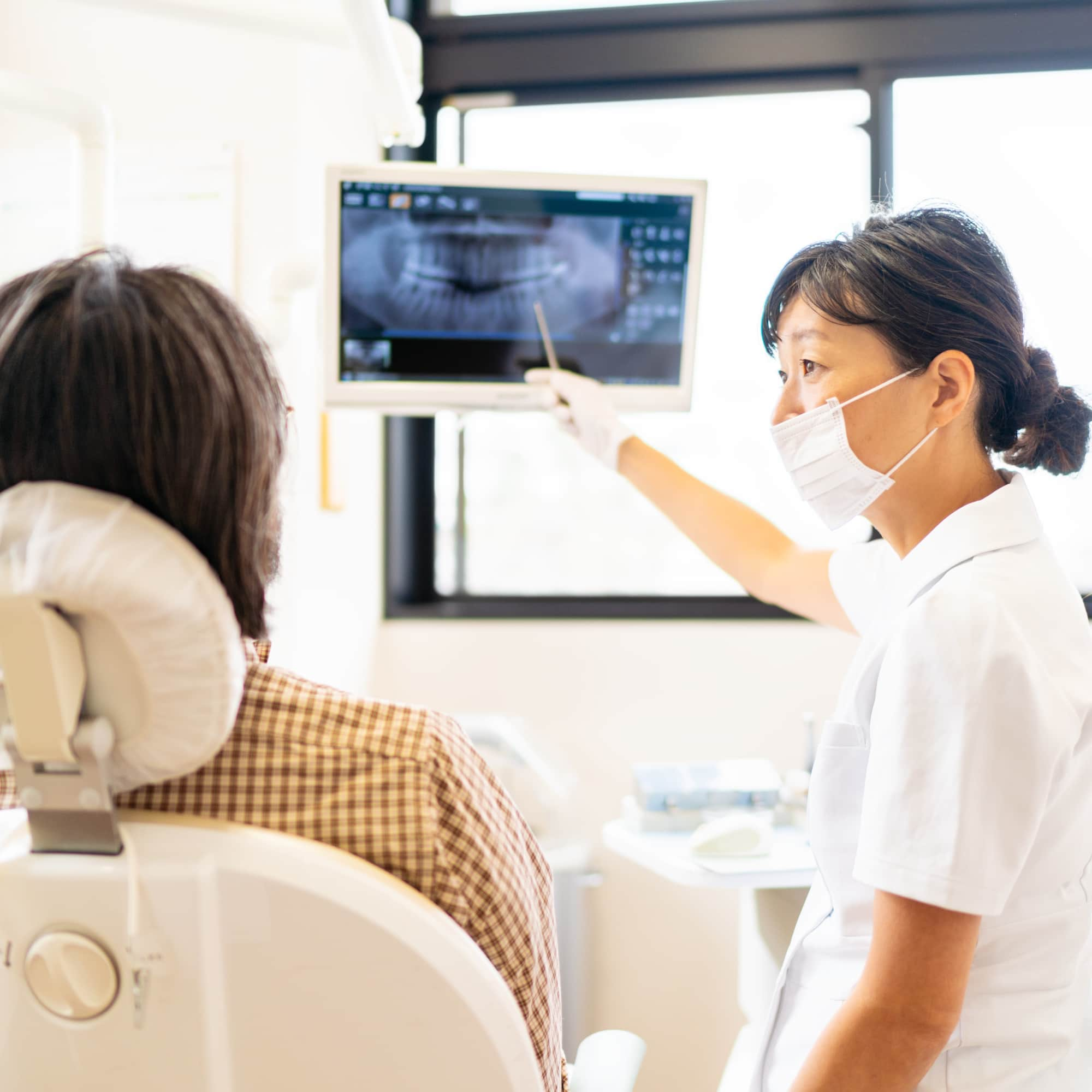
- POPSUGAR Australia
- Fitness
- You Shouldn't Put Off Getting Your Wisdom Teeth Removed – Here's Why
You Shouldn't Put Off Getting Your Wisdom Teeth Removed – Here's Why

When you hear the words “wisdom teeth,” those viral (and, oftentimes, hilarious) postextraction videos may come to mind – and same. But have you ever wondered why wisdom teeth need to be removed?
Your wisdom teeth, located in the back of the mouth, are technically your third (and last!) set of molars, Dr. Raina Chandiramani, a board-certified orthodontist practicing in Louisville, KY, explained. People traditionally have four wisdom teeth (two on top, two on the bottom – one per side) that usually appear between the ages of 17 and 25. Depending on genetics and other environmental factors, certain people only develop some wisdom teeth while others never get any, she said.
Since wisdom teeth are no longer essential to the human body, they can cause many health complications while growing in.
“As humans have evolved, the oral cavity has become smaller, and many people don’t have space for wisdom teeth. When the oral cavity and bones lack space, the wisdom teeth can become impacted or stuck in the bone. If wisdom teeth impact, pericoronitis, an infection surrounding the erupting tooth, can occur. This can be incredibly painful, and, if not addressed, the infection can spread into the bone and other soft tissues in the head and neck,” Dr. Chandiramani explained.
“Another potential consequence that can arise when there is not enough space for wisdom teeth is trapping food and bacteria between the wisdom tooth and the tooth in front, the second molar. This trapping of food and bacteria can cause periodontitis, bone loss, and decay of the second molar.”
Related: Perfect Your Flossing Technique With These Dentists’ Step-by-Step Instructions
In rarer cases, some people have enough space for their wisdom teeth to erupt without causing problems or disrupting one’s oral hygiene – in this case, extracting the third molars might not be necessary.
Some signs that you should get your third molars taken out include pain or pressure in your jaw, migraines, difficulty opening your mouth, or bad breath, she said.
If you suspect your wisdom teeth are coming in, it’s essential to get checked out by a dentist. A two-dimensional radiograph called a panoramic can show the initial formation of the wisdom teeth in the bone even in patients as young as 6 years old – from there, a dentist can monitor the development and evaluate the best next steps, Dr. Chandiramani said.
“First, your dentist will evaluate the wisdom tooth. If they think the procedure may be more complicated, they will refer you to a specialist. If the extraction is a straightforward one, the surgeon may simply provide local anesthesia and laughing gas to remove the teeth. If the teeth are in the bone, and the procedure may be more [aggressive], the surgeon may put the patient to sleep. Your dentist or surgeon will explain the process and type of anesthesia they will provide based on your case during the initial consultation appointment.”
Click here for more health and wellness stories, tips, and news.

